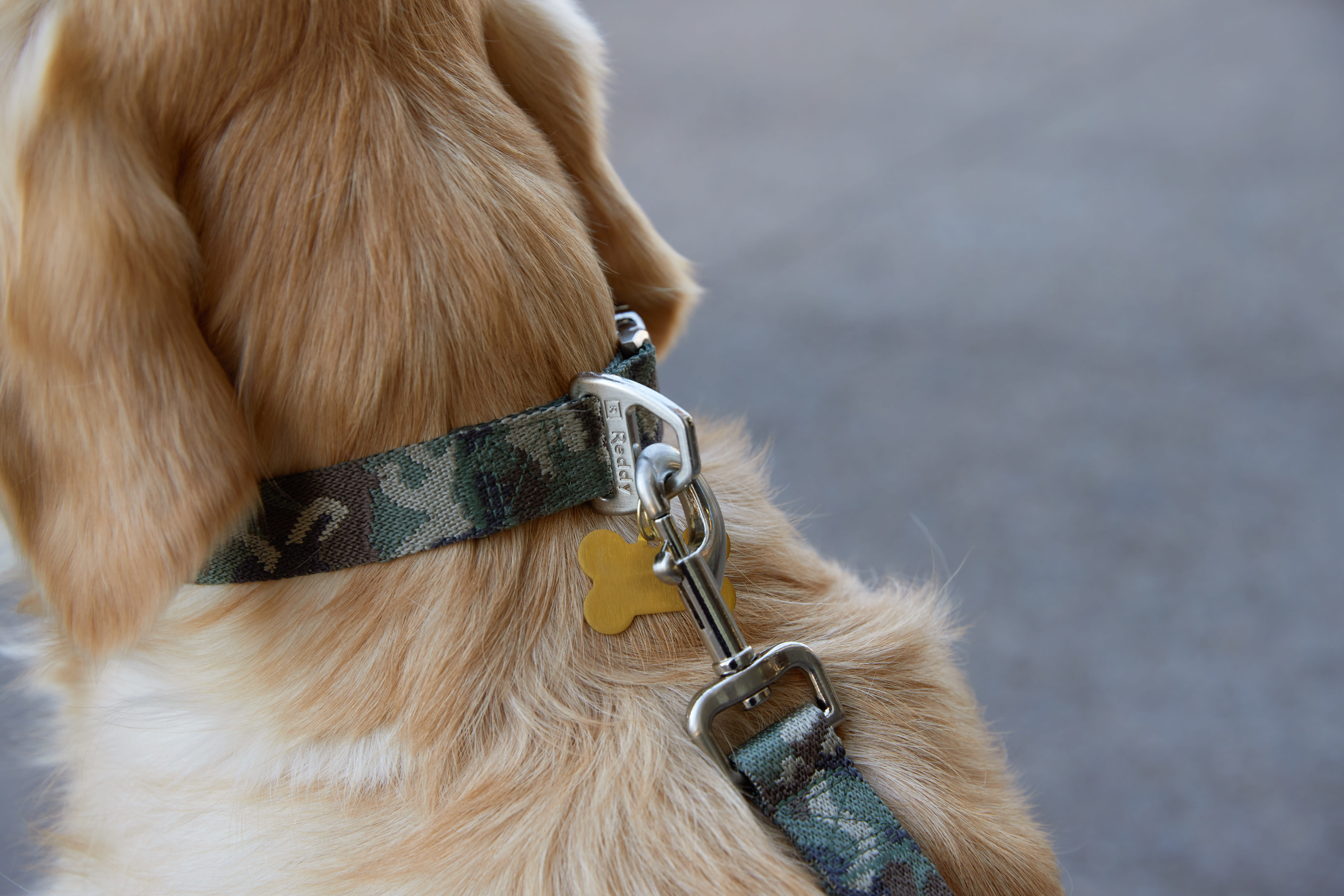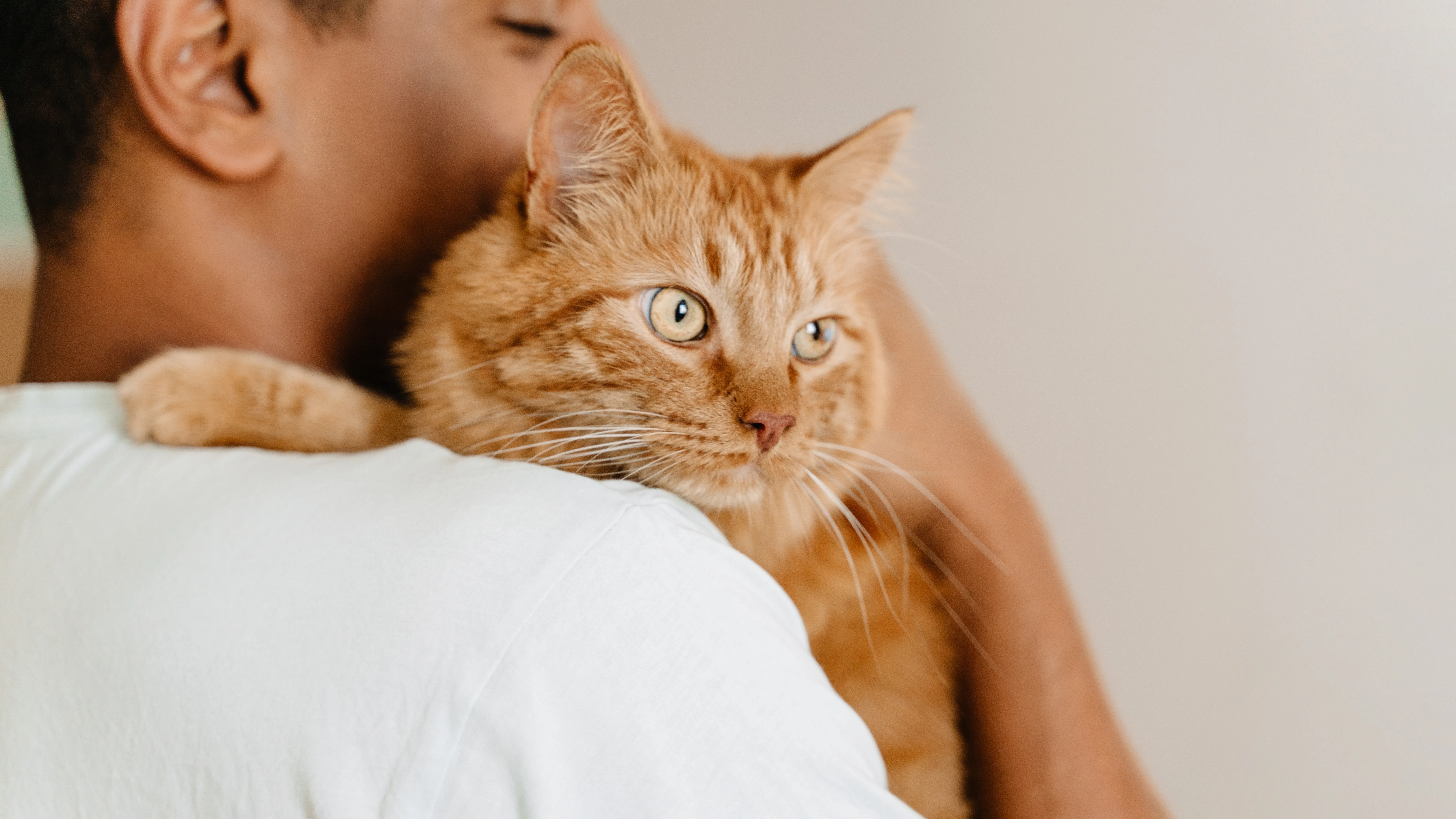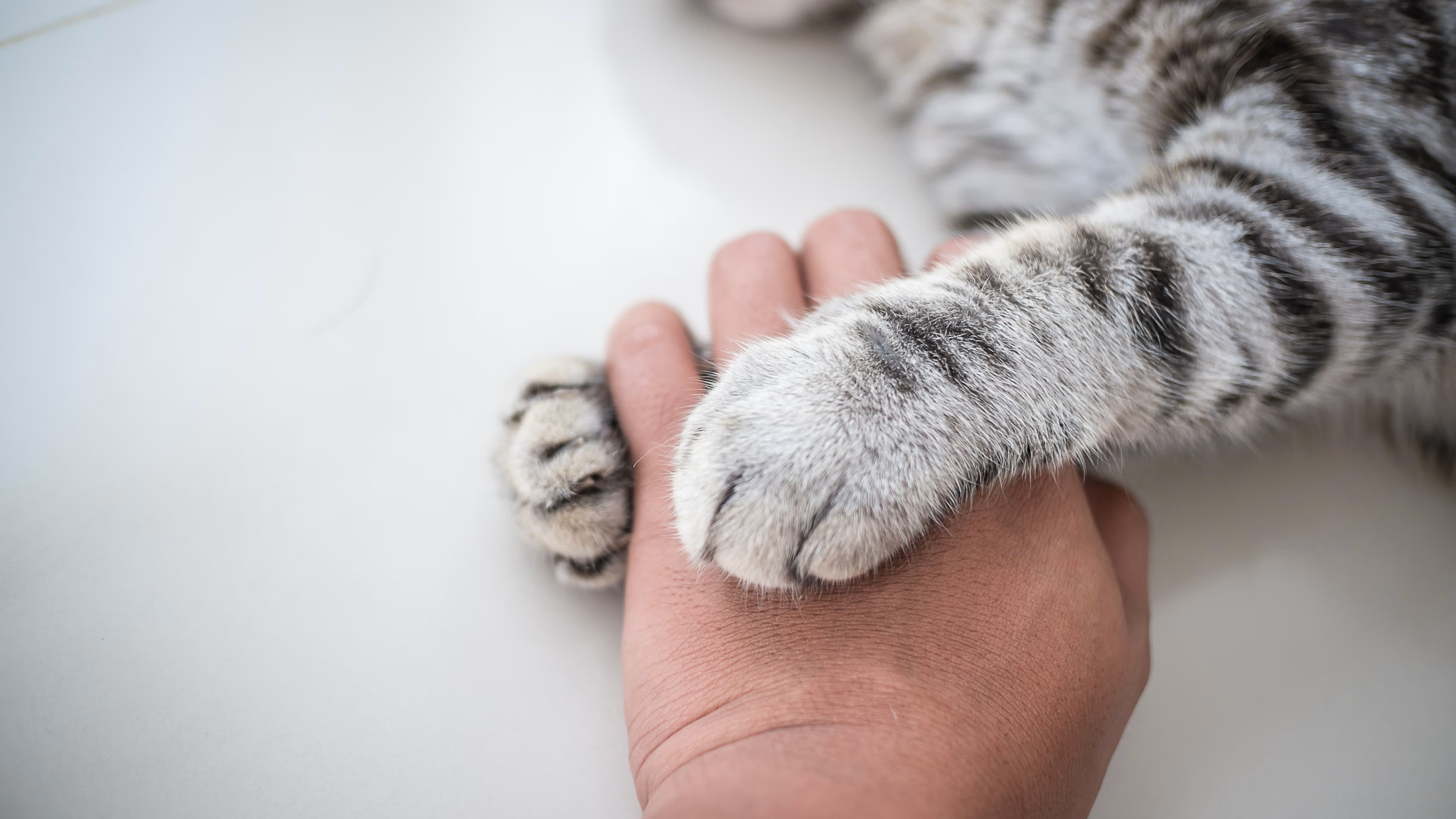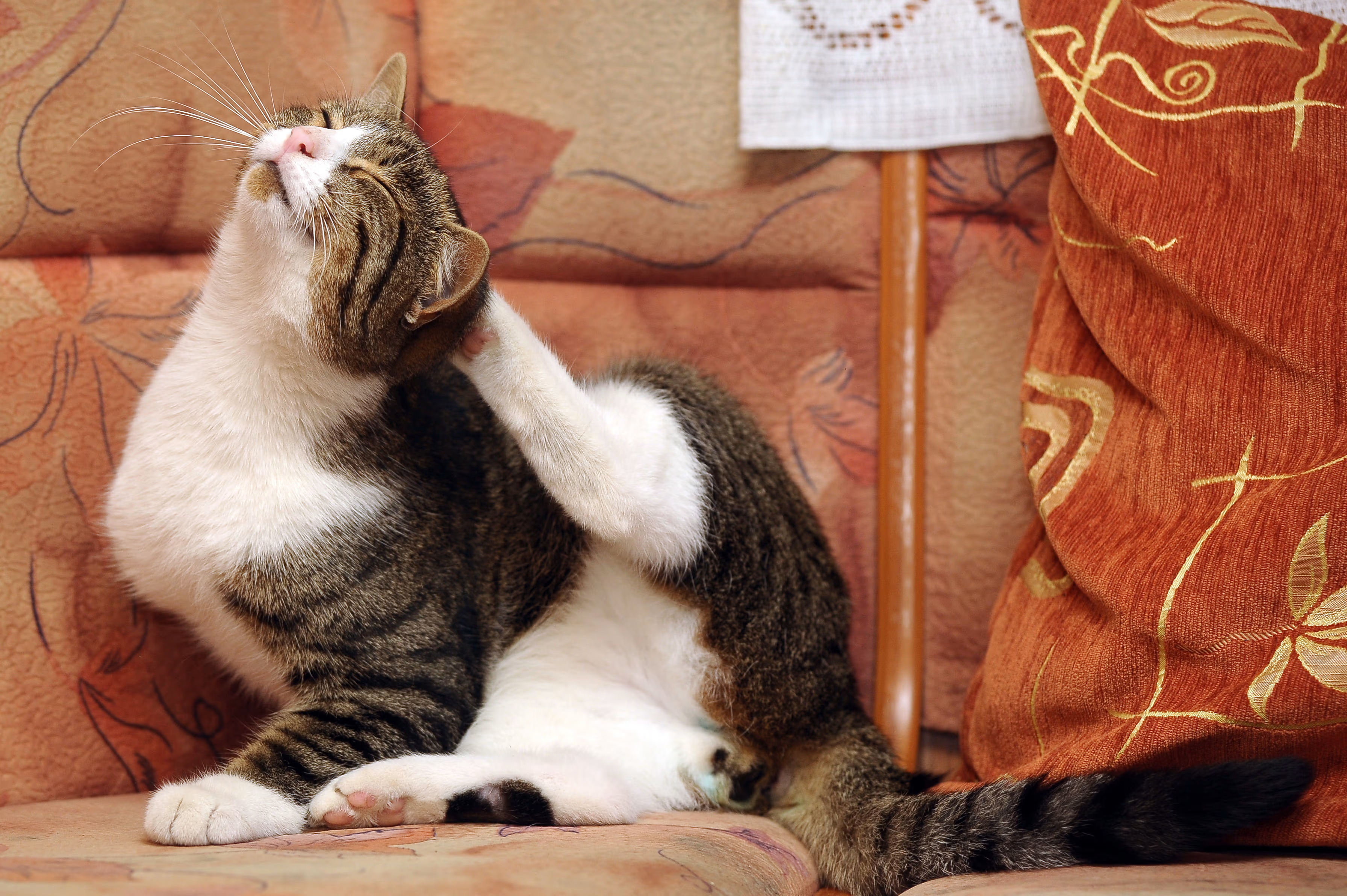Prescription Cat Allergy Medicine
Cat Allergy Medicine to Relieve Discomfort
When your cat is suffering from allergies it is hard not to notice. They can be very sensitive to common allergens or substances found in most environments. You can easily spot an extreme reaction to things like trees, grass, fabrics, rubber or cigarette smoke when their body has a negative response. This is because your pet’s body views these substances as a danger and is working hard to protect itself.
Allergy Meds for Cats
FAQs about Allergies in Cats
Yes, cats can have allergies just like humans and other animals. Allergies occur when the immune system overreacts to a normally harmless substance, known as an allergen. Common allergens for cats include pollen, mold, dust mites, certain types of food, and flea bites.
Some common signs that your cat may be suffering from allergies include:
- Itchy skin
- Excessive grooming or licking
- Skin rashes or hives
- Sneezing or coughing
- Watery or red eyes
- Vomiting or diarrhea (in the case of food allergies)
If you suspect that your cat has allergies, it's important to take them to a veterinarian for an accurate diagnosis and treatment. The veterinarian may recommend allergy testing or a special diet to help manage your cat's symptoms. They may also prescribe medications such as antihistamines or steroids to relieve your cat's discomfort.
Soap-free allergy shampoo and cool water can help relieve symptoms by reducing allergens on your cat’s skin, for those cats that tolerate bathing. The options to treat allergies depend largely on the underlying cause which sometimes can be difficult to determine: food, environmental or flea. Relief from the inflammation, scratching and sometimes hair loss can come from veterinary prescribed injections, chewables, pills or tablets, compounded flavored syrup, liquids or topicals, or a combination of any of the above.
There are a variety of options to address allergies in cats including Omega 3, antihistamines, and nasal sprays. Before starting any treatments, it’s important to check with a trusted veterinarian for specifics regarding your cat’s health history and symptoms. Cats can be sensitive to certain drugs, so always check to ensure safe administration of medication.










